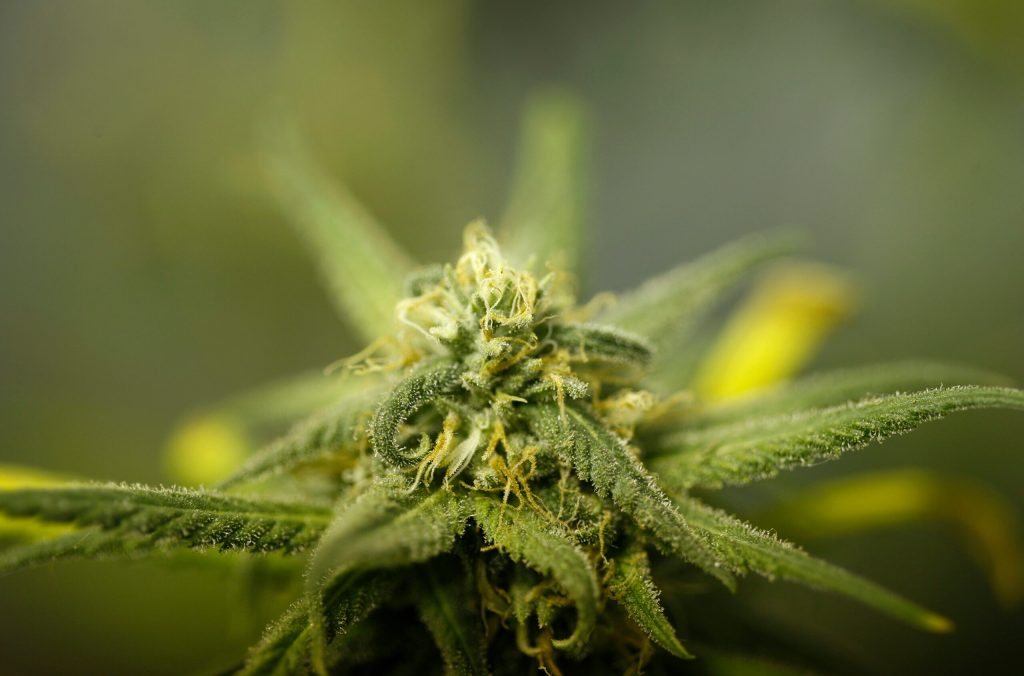Considering that India not only mentions marijuana in its ancient scriptures and Ayurvedic texts, but is also one of the biggest consumers of cannabis, it’s high time we put pot to effective use. While medical marijuana that can be bought with a prescription has blown up in several places around the world, India still lacks the legal backing to open a weed dispensary, even for purely medicinal purposes. However, a new clinic set to open in Bengaluru is circumventing the system to launch India’s first medical cannabis clinic.
HempCann Solutions, an Odisha-based startup, has selected the city of Bengaluru to launch India’s first research-based medical cannabis clinic that will also sell tablets and oils made from the plant by the beginning of February 2020. Under the brand name Vedi Herbals, this company will construct a wellness centre and clinic that can prescribe cannabis-infused tablets for everything from inflammation to anxiety. “Cannabis has several mentions in Ayurveda, which is India’s original medical system that is more than 5,000 old”, says Sourab Agarwal, managing director of HempCann Solutions and the founding trustee of the Medicinal Cannabis Foundation of India. “India is the birthplace of cannabis and now is the right time to make healthcare professionals realise its immense therapeutic value.” The meds you can buy here claim to help with inflammation, downers and even your flagging sex life.
Videos by VICE

But in case you enjoy the occasional toke, you may be wondering how it’s possible to have such a clinic in a country where weed is still illegal under the Narcotic Drugs and Psychotropic Substances (NDPS) Act. However the NDPS Act basically bans the flowers and resin of the cannabis plant, which is what is crushed and put into pipes and bongs to get you high, whereas hemp plants or the leaves and seeds of the cannabis plant are exempt. Since these parts of the plant also contain cannabinoids like CBD and THC, the main psychoactive substance, they lay the grounds for legal loopholes. “The THC measure in most cannabis plants used to make hemp powder or CBD oils found in the western part of the world is usually not more than 0.3 percent, but that measure may be higher in India since marijuana grows in the wild here or only at specific government research centres,” Aayushman Narayan, the business development executive at HempCann told VICE. According to Narayan, this makes these cannabis capsules and oils more potent and effective than a regular CBD oil out there since they contain a wholesome extract containing THC, CBD and other cannabinoids to relieve pain and cure illnesses.
Another major factor in the administration regulating such cannabis medicines is that ancient Indian Ayurvedic practices actively used cannabis as a cure for pretty much everything. “Our bodies produce cannabinoids naturally and so does cannabis, which is the fundamental basis of using cannabis as a medicine. So, since cannabis is already included in Ayurveda, it earned us ratification from India’s Ministry of Ayurveda, Yoga & Naturopathy (AYUSH)” says Narayan. Hence, HempCann has received a pan-India license to distribute these medicines on a prescription basis, which can be given by any Ayurvedic doctor or through an online consultation.

“Cannabis-infused medicine can be used for everything from lifestyle diseases like stress, back pain and fever to chronic ones like anorexia and even mental health issues like anxiety and depression. But, we monitor the amount given to patients and start off with the most minimal dosage to see how they respond and move forward based on the feedback,” says Narayan. He adds that while CBD oils can be used to relieve stress and cramps, cannabis medicines work best when THC is also present. “The THC takes care of the inflammation and pain, while the CBD works to boost your body’s immunity, thus completely curing the illness instead of the patient being dependent on a class of drugs to function normally. Herbal remedies backed by traditional, ancient texts and validated by the principles of modern scientific product development are not addictive and have no side-effects.” While the company has come up with these cannabis products after five years of extensive research in the field, the centre also has an experimental lab in Bhubaneswar where the effects of these cannabis medicines will be tested and studied so as to widen the scope of distribution, and take it from Ayurvedic to allopathic.
Between the consumer shift towards sustainable, plant-based products, the World Health Organisation recommending the rescheduling of cannabis to recognise its medical value, and a petition to decriminalise it in India being heard in the Delhi High Court in February, the new decade may just be the high point for the pot industry.
Follow Shamani Joshi on Instagram.




